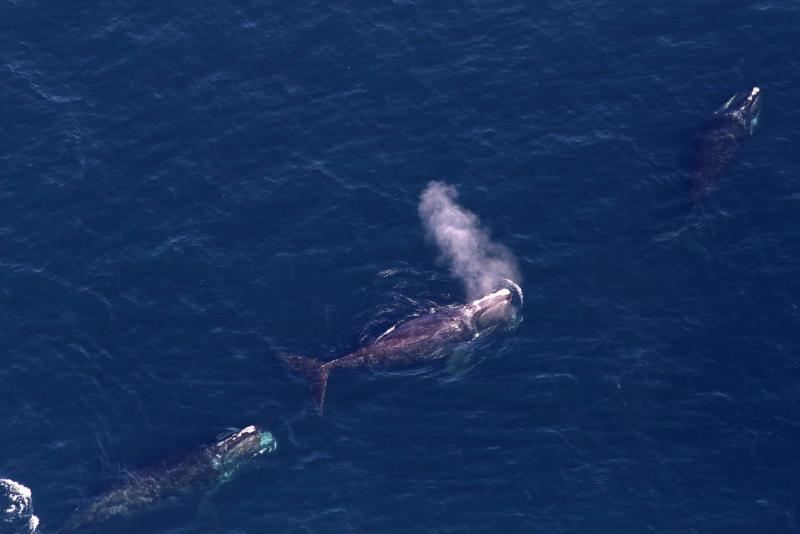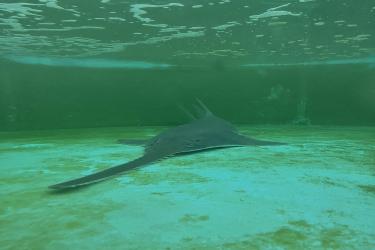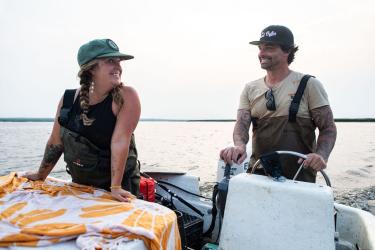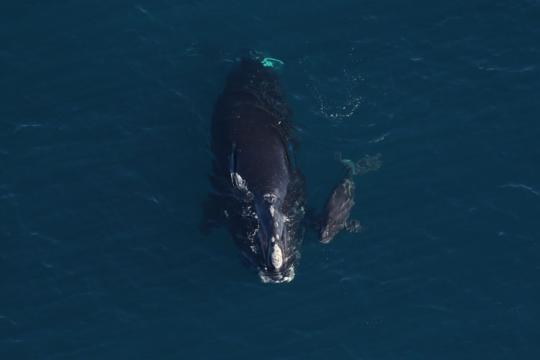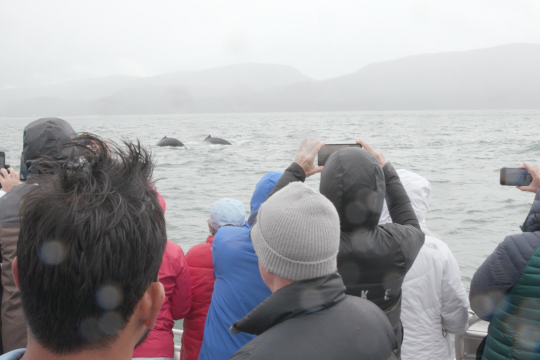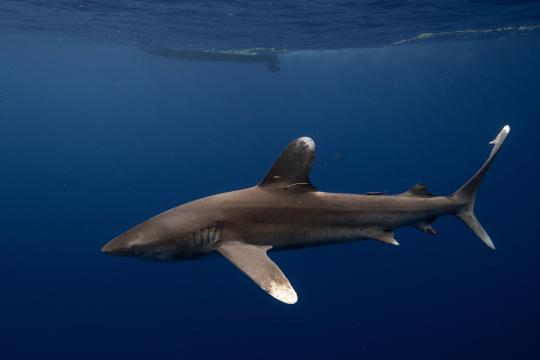The North Atlantic right whale is one of the world’s most endangered large whale species, with only about 400 whales remaining. The situation has become even more alarming with the recent discovery of six North Atlantic right whale deaths and one entanglement in the Gulf of St. Lawrence in Canada. Four deaths were mature females. With fewer than 95 breeding females left, protecting every individual is a top priority. Right whales cannot withstand continued losses of mature females—we have reached a critical point.
Vessel strikes and entanglement in fishing gear are the two greatest threats to these whales, and to make matters more complex, their habitat overlaps with commercially important areas. As right whales live and travel more than 1,000 miles from their feeding grounds off the Canadian Maritimes and New England to the warm coastal waters off South Carolina, Georgia, and northeastern Florida, it is the responsibility of the governments of the United States and Canada as well as the fishing and shipping industries in both countries to ensure that these whales have a safe place to live, feed, and reproduce for their survival.
The United States has endeavored for many years to reduce the risks to North Atlantic right whales from entanglement in fishing gear and collisions with ships, and we continually refine our management measures to support recovery of this endangered population. In 2008, we adopted ship strike reduction measures that include seasonal speed restrictions near shipping lanes when right whales might be present. Since 1997, we have worked with stakeholders on the Atlantic Large Whale Take Reduction Plan to reduce the impacts of commercial fishing gear on right whales. We are currently expediting measures to reduce an additional 60 percent of serious injuries and lethal entanglement risks as recommended by our Take Reduction Team in April 2019.
U.S. fishermen are committed to protecting right whales and make up more than a third of our Take Reduction Team. To do more in the face of continued human-caused right whale mortality, we recognize their efforts alone are not enough to provide comprehensive protection for this transboundary species. We have been coordinating closely with Canada to share innovative techniques and solutions that foster healthy fisheries, reduce the risk of entanglements, and create whale-safe shipping practices.

Since 2017, much of this collaboration has been through a North Atlantic right whale bilateral working group, which meets twice a year to exchange information on the state of the science for this species as well as share information on management measures.
Preventing any additional deaths of North Atlantic right whales is our highest priority. To do this, we must work with our partners to strengthen protections immediately. As such, I wrote to the Canadian government (Department of Fisheries and Oceans as well as Transport Canada) to request that we meet as soon as possible and urge them to take immediate action to provide comprehensive protection for this species.
Chris Oliver
Assistant Administrator for NOAA Fisheries
